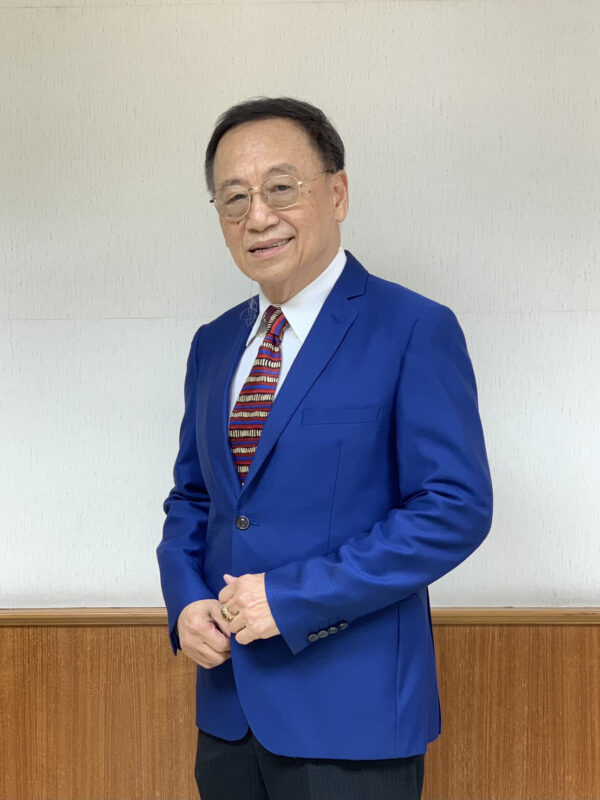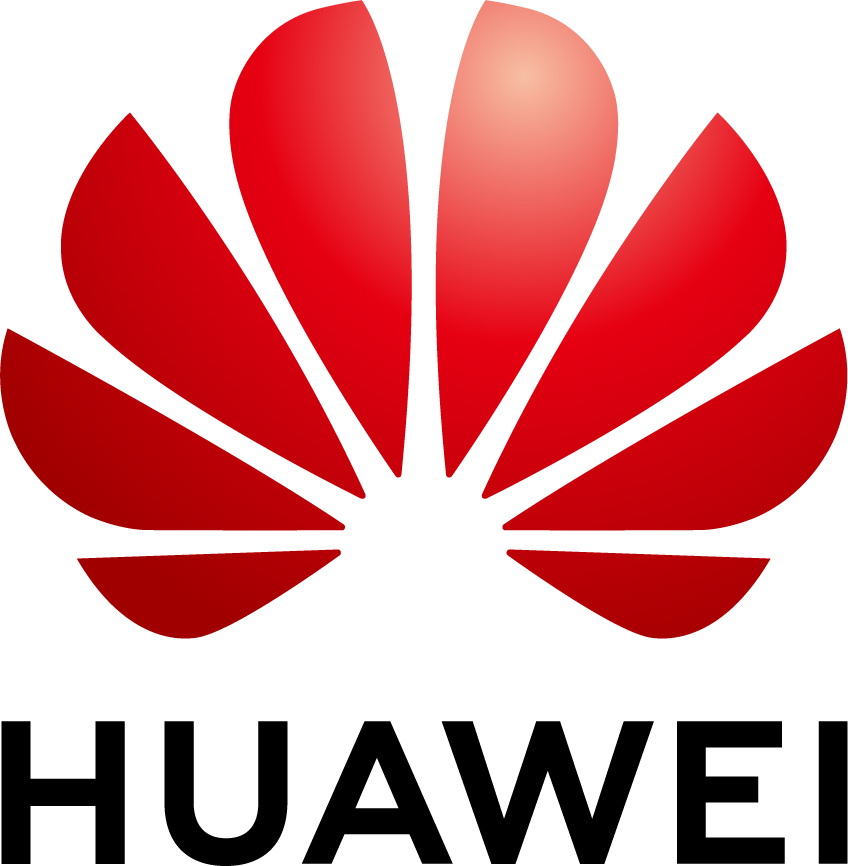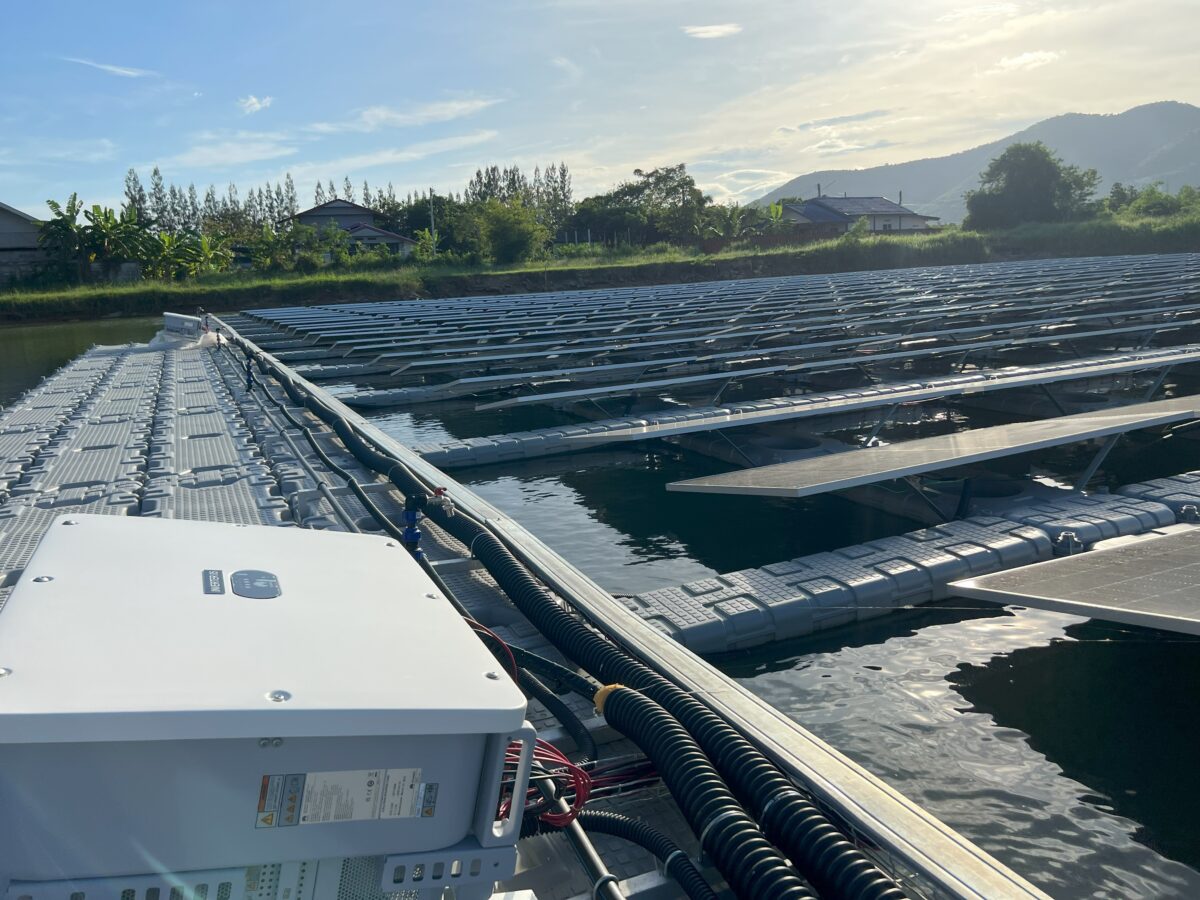Polytechnology Thailand President, Narratchai Leeraphant, says solar’s strong uptake in the country means the market is ready for next-generation technology, namely, batteries, electric vehicle chargers, solar optimizers, and “full stack” product bundles.
Recent changes to Thai safety standards and regulations for solar system rapid shutdown will make optimizers a growing trend in the country, Leeraphant says, adding, “So we can up our sell, from only inverters to inverters plus optimizers, for which our solution is the most advanced in the market.”
Solar is so established in Thailand that it is already tricky to install more rooftop systems in some areas, Leeraphant says, so technology to store and use the resultant abundance of green energy is increasingly required.
Polytechnology has been partnering with Huawei since 2014, starting as the brand’s inverter distributer in Thailand and today offering the latter’s range of battery energy storage systems and data-center products. Discussing battery systems, Leeraphant says, “Polytechnology and Huawei have dealt with price, customer expectation, and what current battery technology can offer.” He says the next step is to ramp up educating the market about safety standards and the value of advanced battery technology, to bring the energy storage market to maturity.

Image: Polytechnology
While Asia’s rooftop market still tends to be dominated by commercial and industrial installations, Leeraphant says demand among households is booming. The primary barrier for the residential segment is the fact most people are not actually at home during the daytime to use the solar power their panels would generate. Leeraphant believes Huawei’s LUNA2000 home battery, which Polytechnology introduced into the Thai market in 2022, will close this gap, enabling households to shift their solar energy to consume it during the evening.
There is also growing demand for integrated renewable technology product bundles. This full stack strategy is becoming increasingly popular among both solar manufacturers and retailers worldwide and is particularly valuable in Southeast Asia, where electricity networks remain a challenge. These integrated product suites are easier to install and more user friendly – especially important for a region where renewable technology has burst onto the scene a bit later than in Europe, the US, and Australia.
Full stack bundles are valuable for engineering, procurement, and construction (EPC) firms, Leeraphant says. “Installing rooftop solar,” he explains, “sometimes the price is very tough because there are lots of players, so adding EV [electric vehicle] charging adds more value, compared to other competitors.”
More from our partners
Added value is often on Leeraphant’s mind – alongside heading up Polytechnology he owns a multinational restaurant franchise business and the Thai International School. While, on the surface, these endeavors would appear to have little in common with the solar industry, Leeraphant sees plenty of crossover. The restaurant business has provided lessons in how to manage the energy sector’s sub tiers of dealers, Leeraphant says, while the school has afforded both a platform to teach a generation of students about renewable technology, and also an opportunity to showcase products to parents who make up a cohort of top managers and business owners.
For Leeraphant, the key to good business is staying open to new technology, even if it disrupts companies. While Polytechnology has long been involved in the energy sector, its roots are in oil and gas. Despite that, the company entered into new green markets back in 2011 and, two years later, installed Thailand’s first public EV charger, long before EVs and charging products were mainstream. “Polytech had been studying the EV business since 2011, far before other companies,” says Leeraphant.
Since 2020, demand for EVs and related charging equipment has surged, Leeraphant says, putting Polytechnology in a strong position to leverage its knowledge in the sector. The Polytechnology entrepreneur sees especially big growth potential for public DC (direct current) chargers, of which Leeraphant’s company has already installed around 450 nationwide. In 2021, the company delivered 120 MW of DC charging capacity and almost quadrupled that volume last year, when it reached 450 MW. The demand for home and office chargers is also spiking in Thailand, Leeraphant says.
With nations across the globe committing to carbon neutrality, and Asia expected to experience a big upswing in electricity demand, Leeraphant is confident that demand for solar, EVs, and battery products – today’s main suite of decarbonization technologies – will continue to boom. “We see our growth will still sharply increase in these next years,” he says, “if we come with the right partners.”
“The key factor for success is you must be open to new technology or new alliances all the time,” Leeraphant adds. “Maybe it is not the right time yet but when the time comes, you have to be ready and be the first who sets the market direction, otherwise you can be only a market follower.”
This content is protected by copyright and may not be reused. If you want to cooperate with us and would like to reuse some of our content, please contact: editors@pv-magazine.com.



By submitting this form you agree to pv magazine using your data for the purposes of publishing your comment.
Your personal data will only be disclosed or otherwise transmitted to third parties for the purposes of spam filtering or if this is necessary for technical maintenance of the website. Any other transfer to third parties will not take place unless this is justified on the basis of applicable data protection regulations or if pv magazine is legally obliged to do so.
You may revoke this consent at any time with effect for the future, in which case your personal data will be deleted immediately. Otherwise, your data will be deleted if pv magazine has processed your request or the purpose of data storage is fulfilled.
Further information on data privacy can be found in our Data Protection Policy.